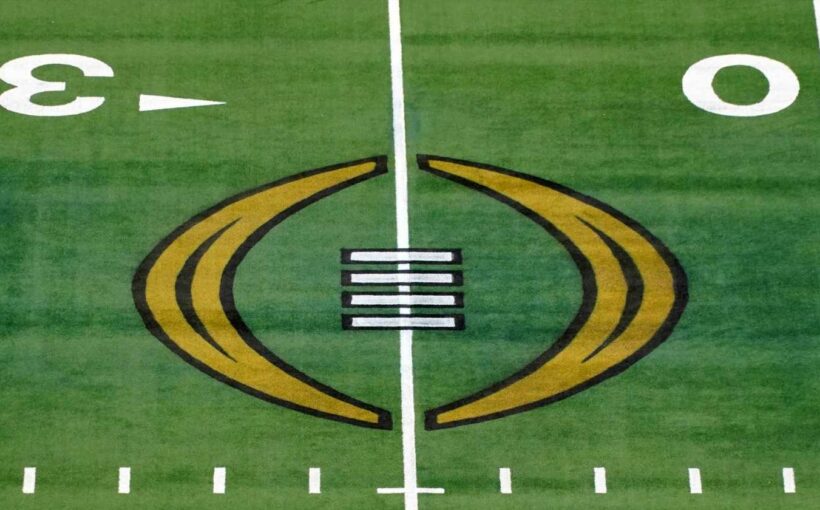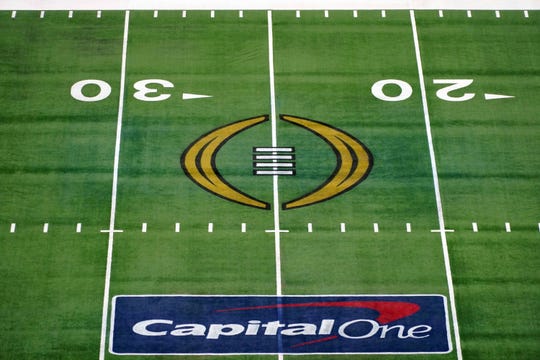The Supreme Court ruled unanimously on Monday against the NCAA in an antitrust case that may lead to dramatic changes to the landscape of college athletics.
The opinion in NCAA v. Alston was authored by Justice Neil M. Gorsuch, who outlined the court's rationale in declining to accede to the NCAA's request for “immunity from the normal operation of the antitrust laws."
In upholding previous decisions on the issue, Gorsuch wrote that rulings made on the district level contained "an exhaustive factual record, a thoughtful legal analysis consistent with established antitrust principles, and a healthy dose of judicial humility."
But the harshest critique of the NCAA came from Justice Brett M. Kavanaugh's concurring opinion, which began by calling the ruling "an important and overdue course correction" before unleashing a series of blistering attacks on the longstanding NCAA model.
"Nowhere else in America can businesses get away with agreeing not to pay their workers a fair market rate on the theory that their product is defined by not paying their workers a fair market rate," Kavanaugh wrote. "And under ordinary principles of antitrust law, it is not evident why college sports should be any different.
"The NCAA is not above the law."
Kavanaugh's opinion tears into the NCAA's assertion that amateurism is, as he wrote, "the defining feature of college sports." Such "innocuous labels," as Kavanaugh called them, "cannot disguise the reality: The NCAA’s business model would be flatly illegal in almost any other industry in America."
He continued:
"All of the restaurants in a region cannot come together to cut cooks’ wages on the theory that “customers prefer” to eat food from low-paid cooks. Law firms cannot conspire to cabin lawyers’ salaries in the name of providing legal services out of a “love of the law.” Hospitals cannot agree to cap nurses’ income in order to create a “purer” form of helping the sick. News organizations cannot join forces to curtail pay to reporters to preserve a “tradition” of public-minded journalism. Movie studios cannot collude to slash benefits to camera crews to kindle a “spirit of amateurism” in Hollywood.
"Price-fixing labor is price-fixing labor. And price-fixing labor is ordinarily a textbook antitrust problem because it extinguishes the free market in which individuals can otherwise obtain fair compensation for their work."
The current NCAA model is "suppressing the pay of student athletes who collectively generate billions of dollars in revenues for colleges every year," Kavanaugh wrote.
"Those enormous sums of money flow to seemingly everyone except the student athletes. College presidents, athletic directors, coaches, conference commissioners, and NCAA executives take in six- and seven-figure salaries. Colleges build lavish new facilities. But the student athletes who generate the revenues, many of whom are African American and from lower-income backgrounds, end up with little or nothing."
Source: Read Full Article

